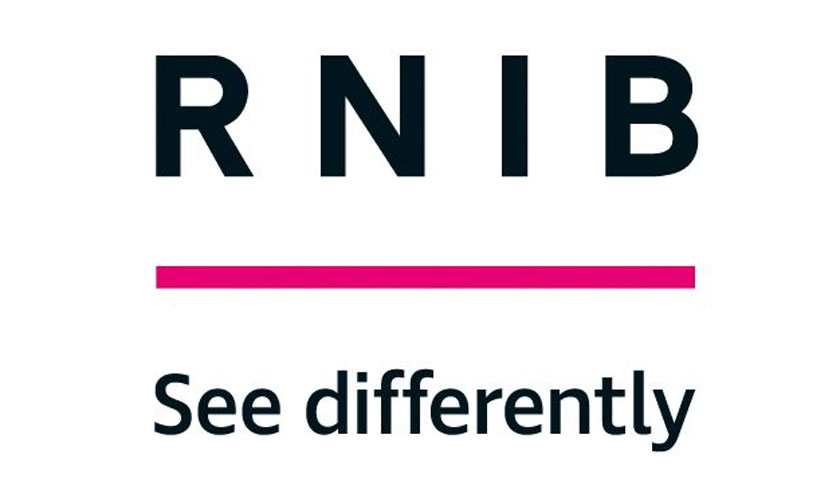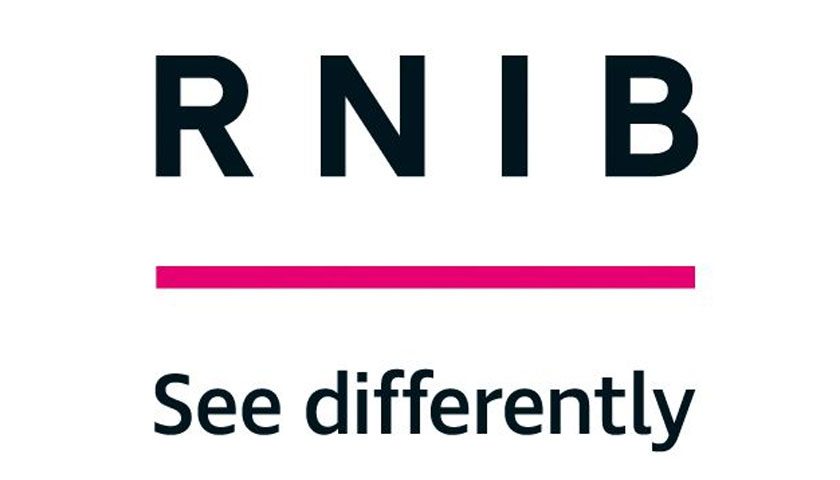Blind and partially sighted voters are being denied the right to a secret vote, and the new Elections Bill will only make this worse, warns sight loss charity the Royal National Institute of Blind People (RNIB), who are launching a new campaign to fight the proposed changes.
Despite new stats from YouGov showing 87 per cent of the public believe it’s important everyone should have the right to vote in secret, the House of Lords are about to consider Government proposals which could further deny blind and partially sighted people this basic right.
A secret vote has been enshrined in law for 150 years, since the Ballot Act of 1872. Despite this, four in five blind people say they are unable to vote independently and in secret, in practice meaning they often have to share their vote with someone else*.
New research by RNIB and YouGov reveals 86 per cent of the public think it’s important the right equipment is available in every polling station to enable voters with sight loss to vote in private. And if the situation were reversed and they could only vote by telling someone else who they wanted to vote for, 15 per cent of the public said they would no longer vote in elections.
Sophie Dodgeon, Head of Policy and Public Affairs at RNIB, said: “Voting is a fundamentally visual process. Under current law, introduced a generation ago, every polling station must have a device to make voting possible “without any assistance” for voters with sight loss.
“The Elections Bill is getting rid of this guarantee, making getting hold of the right equipment to vote independently a postcode lottery for blind and partially sighted people.
“Removing these protections undoes a generation’s worth of progress in accessible voting for blind and partially sighted people. We have been working with the Government on this for many years now and even successfully piloted new ways to make voting accessible which if available in every polling station could revolutionise the voting experience for blind and partially sighted people.
“This move by the Government appears to go against all aspirations around levelling up for disabled people in society. We urgently call on the Secretary of State Michael Gove and Parliamentarians to maintain existing provisions to enable an independent vote for blind and partially sighted people. Members of the public can help by visiting our website and signing our petition.”
To back RNIB’s petition and join the organisation in calling on the Government for change to the Elections Bill, visit RNIB campaigns | Sign our petition (e-activist.com).
——————————————————————————————————————————–
*From RNIB’s Turned Out report, 2021.
All figures, unless otherwise stated, are from YouGov Plc. Total sample size was 1,838 adults. Fieldwork was undertaken between 24th – 25th January 2022. The survey was carried out online. The figures have been weighted and are representative of all UK adults (aged 18+). The survey found:
- 87 per cent of the public think it’s important everyone should have the right to vote in secret
- 86 per cent of the public think every polling station should have the right equipment to ensure blind and partially sighted people can vote in private
- 81 per cent of the public think it is important everyone should be able to vote without assistance from another person
- 15 per cent of the public said if they could only vote by telling someone else who they wanted to vote for, they would no longer vote in elections
Government polling station provisions for blind voters declared unlawful in 2019
Current provisions to enable blind and partially sighted voters to vote independently were declared unlawful in May 2019. Each polling station is required to provide a Tactile Voting Device (TVD), and a wall-mounted large print ballot paper. The TVD is a plastic template which helps locate the boxes on the paper but does not tell the voter the names or parties of the candidates. In practice these voters are therefore dependent on assistance from a family member, friend or member of polling station staff to know which is the right box. The judge overseeing the case called this “a parody of the electoral system”. https://www.leighday.co.uk/latest-updates/news/2019-news/successful-lega…
Audio player trials to make voting accessible
In collaboration with the Cabinet Office and Broadland and South Norfolk Councils RNIB trialled the use of an audio device alongside a plastic voting template – a tactile voting device (TVD) – during the May 2021 elections. Satisfaction rates among those who used both the audio device and tactile voting device (a small sample because of the scope of the trial) were 91 per cent, compared with 39 per cent among blind and partially sighted voters across the rest of the country who only had access to the tactile voting device.
More information on the trials is available in RNIB’s Turned Out 2021 report, available at: https://www.rnib.org.uk/sites/default/files/Turned%20out%20report%202021… which also found:
- Only one in five (19 per cent) blind voters and less than half (46 per cent) of partially sighted voters said they could vote independently and in secret under the current voting system.
- Less than a third (30 per cent) of blind voters were satisfied with their experience of voting.
- More than half (53 per cent) of blind people reported being unable to read any information regarding the election sent to them by local councils, including polling cards.
- Eight out of 10 (81 per cent) think offering blind and partially sighted voters an audio player to assist them to vote is a good idea.
- One in three (29 per cent) blind and partially sighted people who used the tactile voting device (TVD) to help them vote, said it did not fit the ballot paper.
- A third (31 per cent) of blind voters said the support they received at the polling station was poor.

